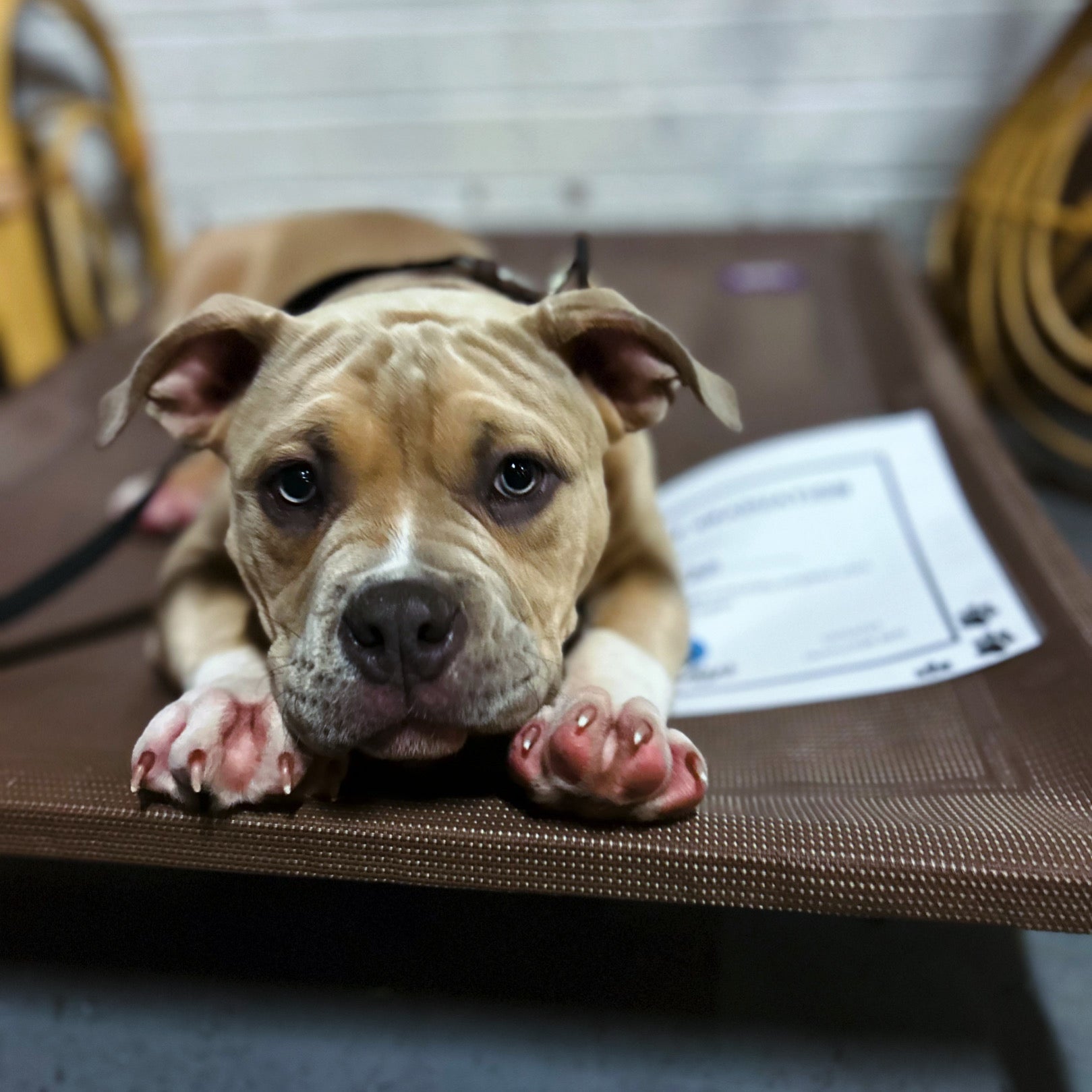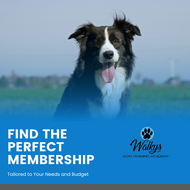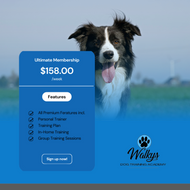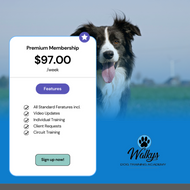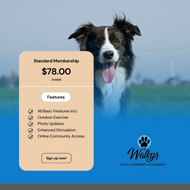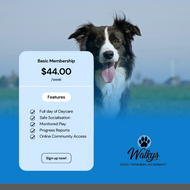May 7, 2024
Safely Socialising Your Puppy: The Ultimate Guide
At our academy, we understand the importance of socialisation for puppies. Proper socialisation sets the foundation for a well-adjusted and confident adult dog. In this comprehensive guide, we'll delve into the key aspects of safely socialising your puppy to ensure they grow into happy and well-rounded companions.
Understanding Socialisation vs. Exposure
Socialisation goes beyond mere exposure to new people, places, and experiences. It involves positive interactions that help puppies develop confidence and adaptability. By providing structured socialization opportunities, we can help puppies build positive associations and develop essential social skills.
Early Socialisation: The Critical Period
The critical socialisation period for puppies typically occurs between 3 and 14 weeks of age. During this time, puppies are most receptive to new experiences and less likely to develop fear or aggression towards novel stimuli. It's crucial to expose puppies to a wide range of sights, sounds, smells, and textures during this period to promote healthy development.
Structured Socialisation Activities
1. Puppy Playgroups: Joining supervised puppy playgroups allows puppies to interact with other dogs in a safe and controlled environment. Playgroups provide valuable opportunities for puppies to learn appropriate social behaviors, communication cues, and bite inhibition.
2. Exposure to Various Environments: Introduce puppies to different environments, including parks, beaches, streets, and indoor spaces. Gradually increase the level of stimulation and exposure to help puppies acclimate to new surroundings without becoming overwhelmed.
3. Positive Reinforcement Training: Use positive reinforcement techniques to reward desirable behaviors during socialization encounters. Praise, treats, and toys can help puppies associate new experiences with positive outcomes, reinforcing confidence and curiosity.
Safety Considerations
1. Vaccination Status: Ensure that your puppy is up-to-date on vaccinations before participating in socialization activities. Consult with your veterinarian to develop a vaccination schedule that allows for safe socialization opportunities.
2. Puppy Body Language: Learn to interpret your puppy's body language and intervene if they show signs of fear, stress, or discomfort during socialization encounters. Provide reassurance and remove them from the situation if necessary.
3. Supervision and Monitoring: Supervise all socialization activities closely and intervene if play becomes too rough or escalates into aggression. Maintain a calm and assertive demeanor to guide puppies through positive interactions.
Gradual Exposure and Desensitization
Gradual exposure and desensitisation techniques can help puppies overcome fear or anxiety towards specific stimuli. Start with low-intensity exposures and gradually increase the level of stimulation as your puppy becomes more comfortable and confident.
Conclusion
Safely socializing your puppy is essential for their emotional and behavioral development. By providing structured socialization opportunities, monitoring their interactions, and prioritizing safety, you can help your puppy build confidence, resilience, and positive relationships with people and other animals. At our academy, we are committed to supporting puppy owners in their socialization journey and providing guidance every step of the way. Together, we can ensure that every puppy has the opportunity to thrive and flourish in a safe and nurturing environment.

